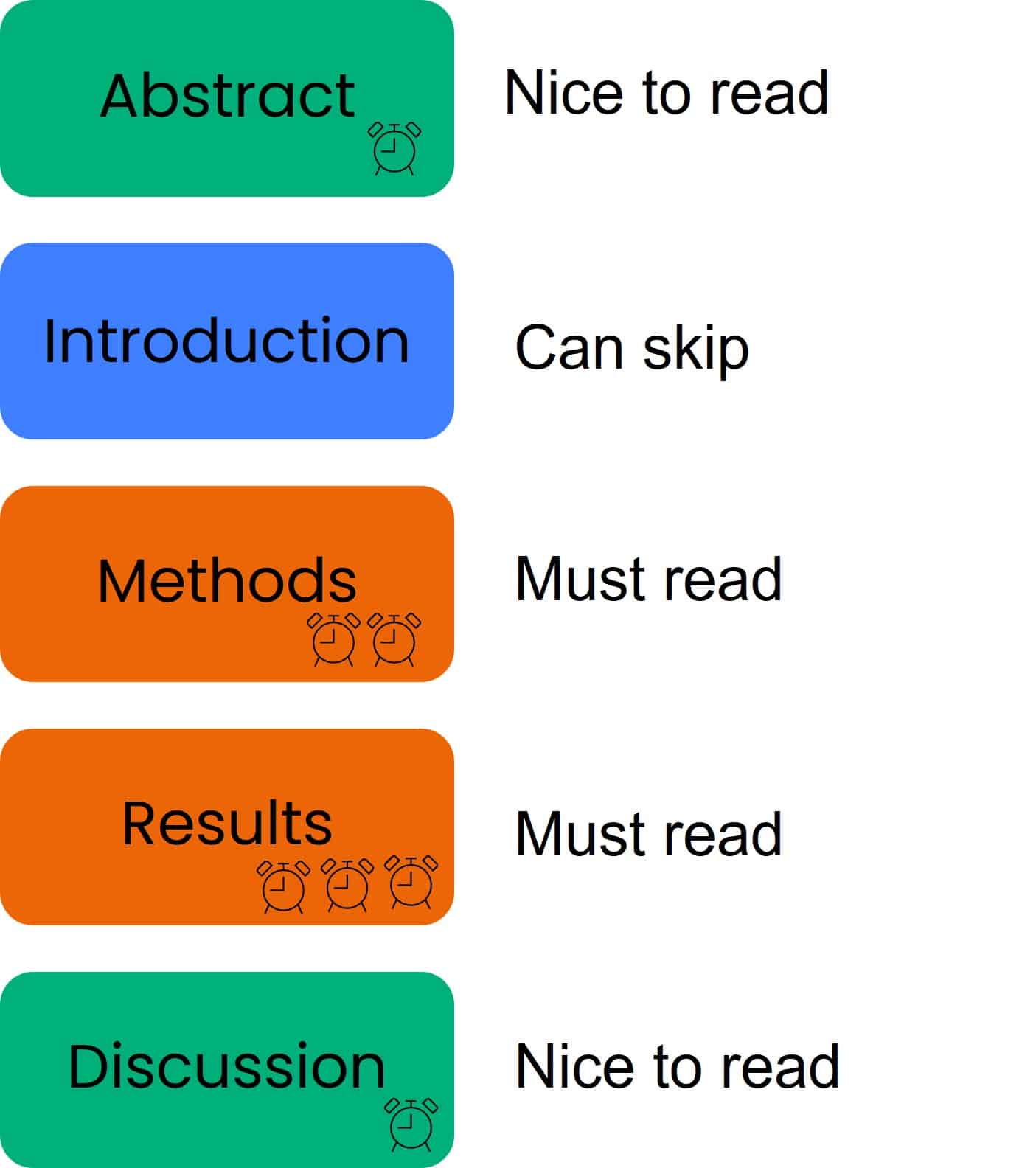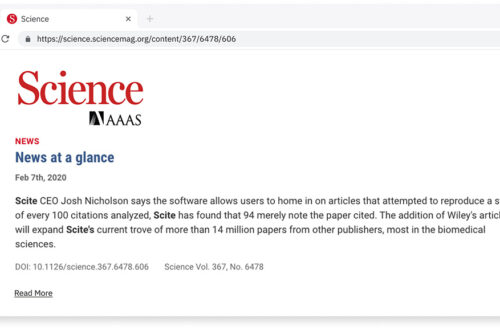Understanding Your Research Topic
1. Defining your research topic
When delving into a research topic, one must first define the scope and boundaries of the subject matter to ensure clarity and focus. This involves clearly stating the purpose of the research, outlining the specific questions to be addressed, and determining the relevance of the topic in the broader academic or professional context.2. Identifying keywords and key concepts
Identifying keywords and key concepts is essential in conducting effective research. By pinpointing these crucial elements, researchers can streamline their search process, locate relevant sources, and extract valuable information. Keywords and key concepts serve as the foundation for constructing search queries and refining search results, ultimately guiding the direction of the research.Utilizing Academic Databases
1. Introduction to academic databases
When conducting research, researchers must utilize academic databases to access scholarly sources and articles. These databases contain a wealth of peer-reviewed publications, journals, and research papers that are crucial for in-depth exploration of a research topic. By using academic databases, researchers can ensure the credibility and reliability of their sources, enhancing the quality and validity of their research outcomes.2. Navigating search filters for efficient results
Navigating search filters within academic databases is essential for refining search results and obtaining relevant information. Researchers can use various search filters such as publication date, author, journal, and keywords to narrow down their search and access the most pertinent sources. By effectively utilizing search filters, researchers can streamline the research process and save time by focusing on sources that align closely with their research objectives.
Google Scholar and Alternative Search Engines
1. Maximizing Google Scholar for research
When researchers seek academic sources, Google Scholar stands out as a valuable tool with a vast database of scholarly articles. By utilizing Google Scholar’s advanced search features and citation tracking, researchers can efficiently discover relevant publications for their research projects. This platform also provides access to a variety of disciplines and helps researchers stay updated on the latest findings and publications in their field.2. Exploring alternative search engines for academic papers
Aside from Google Scholar, researchers can explore alternative search engines like Microsoft Academic, PubMed, and Semantic Scholar for a broader range of academic papers. These platforms offer unique features and databases that cater to specific research needs, allowing researchers to access diverse sources and perspectives beyond traditional academic databases.Utilizing Reference Management Tools
1. Introduction to reference management tools
Researchers can enhance their workflow by incorporating reference management tools such as EndNote, Zotero, and Mendeley. These tools enable users to efficiently organize references, generate citations, and create bibliographies in various citation styles. By utilizing these platforms, researchers can streamline the process of collecting, storing, and citing academic sources, thus improving the overall quality and efficiency of their research projects.2. Organizing and storing research materials effectively
Reference management tools allow researchers to categorize and store research materials systematically. Users can create folders, add tags, and annotate documents to facilitate better organization and easy retrieval of information. By maintaining a structured database of references, researchers can save time, avoid duplication of efforts, and ensure the accuracy and consistency of their citations.
Joining Research Networks and Forums
1. Connecting with researchers in your field
Researchers can expand their professional network by joining research networks and forums. These platforms provide opportunities to connect with colleagues, share ideas, and collaborate on projects. By engaging with researchers in similar fields, individuals can gain insights, feedback, and support for their research endeavors.2. Exploring research networks and forums for relevant papers
Research networks and forums offer a vast repository of scholarly papers and articles. Researchers can explore these platforms to discover relevant literature, stay updated on the latest developments, and find potential collaborators. By actively participating in these communities, researchers can broaden their knowledge base, stay informed about current trends, and contribute to the academic discourse.
Facebook
Twitter
LinkedIn






